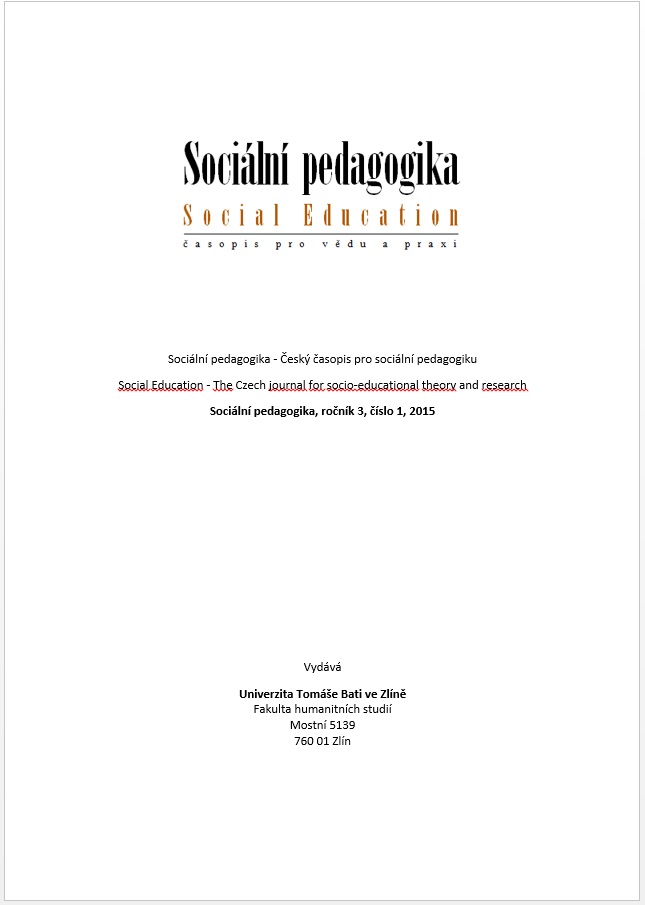Vědecký přístup k riziku a rizikový koncept vědy
The Scientific Approach to Risk and the Risk Concept
of Science
Author(s): Bohuslav BinkaSubject(s): Social Sciences
Published by: Univerzita Tomáše Bati ve Zlíně
Keywords: empiricism;the effectiveness of science;the theory of science;social sciences;values;self-criticism
Summary/Abstract: The paper “The Scientific Approach to Risk and the Risk Concept of Science” attempts to analyze the relationship between two problematic concepts of empiricism in present-day science (primitive empiricism, brutal empiricism), two characteristics of contemporary operation of science (the short-term effectiveness of scientific research, the pretense of intentional rational-empirical certainty of one’s endeavors), and the ability of social scientists to create and test more complex social science theories. The study begins by presenting and analyzing the so-called primitive and brutal empiricism. Whereas the primitive empiricism endeavors to revive scientific approaches based on the conviction that the only meaningful investigation is empirical in nature and that the empirical findings that emerge from such investigation are by nature (and based on their degree of certainty) diametrically opposed to any other type of knowledge; brutal empiricism (which is present in contemporary economic disciplines or sociobiology) is characterized more by attempts at protecting its own assumptions from its own unsafe reflexive empiricism and at the same time attempts to force the empirical methodology of a given discipline on other (usually closely related) social science theories. The second part of the study examines changes in the social sciences in the last 15 years and attempts to prove that the pressure on the short-term effectiveness of scientific research and the attempts to inspect scientific output on the basis of how well it corresponds to project goals are – in constellation with primitive and brutal empiricism – counterproductive in the end. Scientists are thus pressured into doing two types of research: either research involving metaphysical speculations without any real empirical basis or “safely shallow” empirical studies that are incapable of testing and replacing “core” theories in a given field. Thus, science paradoxically becomes a tool that can ensure security for many social scientists but is becoming useless for analyzing true problems and risks.
Journal: Sociální pedagogika | Social Education
- Issue Year: 3/2015
- Issue No: 1
- Page Range: 10-23
- Page Count: 14
- Language: Czech

